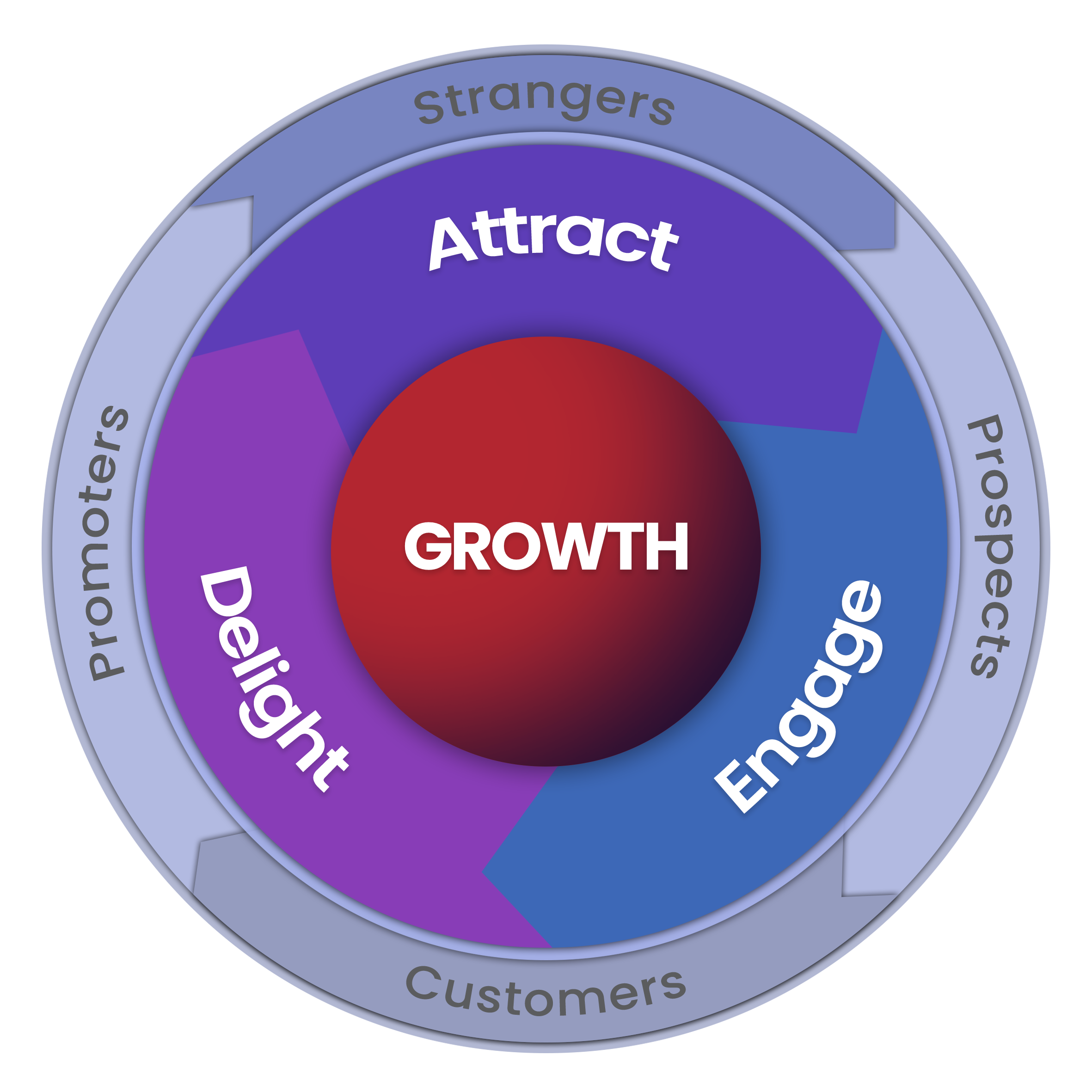3 Questions to Develop Your Buyer Persona
A buyer persona is the semi-fictional representation of your ideal customer. When creating a buyer persona, you can base them on real data and educated speculations about their demographic, behaviour, motivations, and goals. The purpose of creating your buyer persona is to get a clear picture of who you are marketing to. Companies can’t create marketing messages or campaigns that appeal to their customers if they don’t know what makes them tick, or who they are. In order to create your buyer persona, you’ll need to begin by aggregating information about a particular kind of person in your target market. Then, give them an avatar and a name, so that sales and marketing teams can recall the persona with ease and can keep them top of mind. Because buyer personas have as much meaning for both sales and marketing teams, getting to know your persona will benefit your whole operation; standardising the way your company will attract, engage, and delight them. When developing your buyer persona, your organisation should keep in mind the following questions:
- Who?
- How?
- What?
These questions will supply you with the proper framework to create an elaborate buyer persona. Here are a few tips on how to use these questions to assemble insights about your buyer persona:
WHO:
This question seeks to outline the person responsible for inputting buyer information. However, the ‘who’ should not be one person, but rather the company as a whole. When creating your buyer persona, there should be input from as many perspectives within your company as possible; to gain a comprehensive picture of the persona in all stages of their buyer’s journey. This will give your business a clear strategy about how each employee and department should interact with your buyer persona, to effectively guide them through your sales funnel.
HOW:
The ‘how’ should start with examining company purpose. If you have a concrete understanding of the problem your company is meant to solve, that understanding will form the foundation of your buyer persona. In this line of questioning, you should begin to identify any commonalities among your most successful customers. Here, you will discover a handful of personas that you cater to. You should then identify the best sources for buyer information, for example, historical data and customer reviews (for each of your personas you’ll want to interview approximately 15 people). Interviews enable you to look for common themes and make educated guesses to answer any questions that haven’t been answered. Your buyer persona will be the mix of traits, habits, needs, and wants that best align with your businesses ideal customer. Though you can and will create more than one persona during this process, your company will ultimately still have to choose which persona it’s looking to serve and satisfy most, to understand what your own business goals are, and how to achieve them.
WHAT:
This question revolves around the way you use your buyer personas. Your personas should inform everything your customer-facing teams do, including how they interact with them and market or sell to them. When your entire company treats your buyer persona like a real person, and if you completed the steps above correctly, your prospects and customers will notice because they are the collective of that persona.
The Work’s Not Over
Although buyer personas provide businesses with crucial information regarding their target audience and how to effectively reach them, they don’t, however, replace the need to find out information about individual customers or prospects. Nor should buyer personas make the customer experience an impersonal one by ignoring the individual needs or wants of the customer. Remember: the work of creating personas is never complete; as people, companies, and commerce change, so will the behaviours that dictate them.


